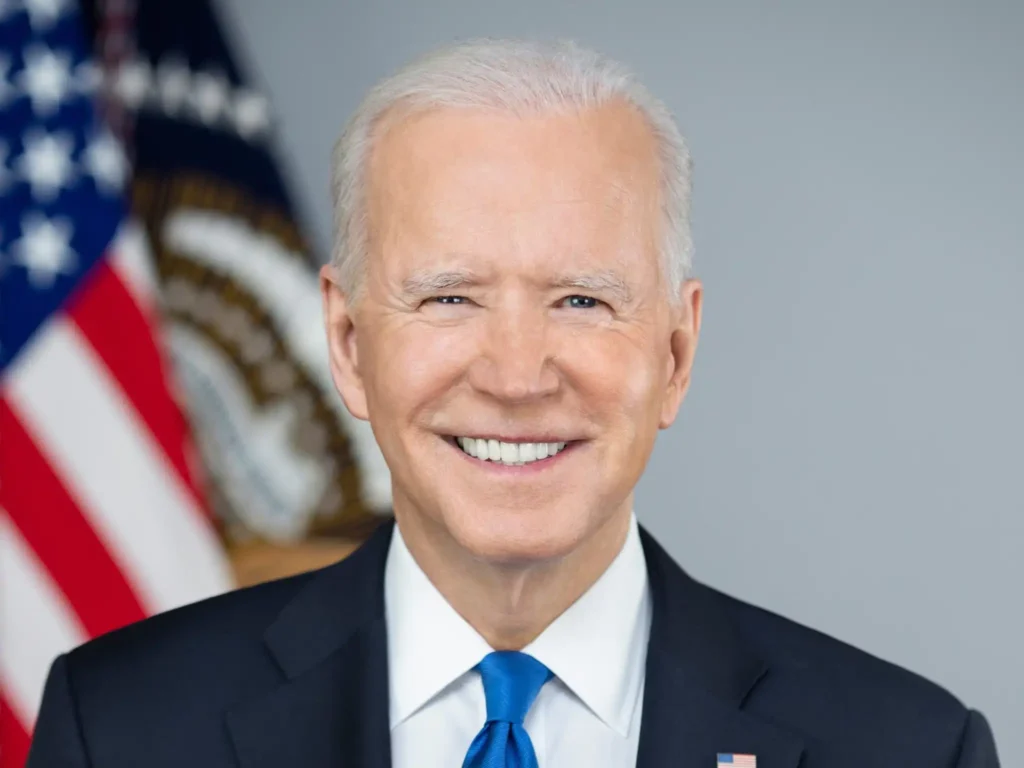Republican leaders are clashing with the Biden administration over the allocation and use of COVID-19 relief funds, intensifying a political battle that reflects broader disagreements on pandemic management and government spending. GOP lawmakers argue that the administration is mishandling the distribution of funds and are pushing for more oversight and restrictions on how the money is used.
At the heart of the dispute is the allocation of billions of dollars in federal relief aimed at helping states, businesses, and individuals recover from the economic impact of the pandemic. Republican leaders contend that some of these funds are being misallocated or are no longer necessary as the country moves beyond the emergency phase of the pandemic.
One of the key points of contention is the continued use of funds for public health measures and programs that GOP leaders believe are outdated or redundant. They argue that the focus should shift towards long-term economic recovery, infrastructure, and addressing other pressing issues like inflation, rather than extending pandemic-related spending.
The Biden administration, however, maintains that the funds are still critical for ongoing public health efforts, particularly in addressing new COVID-19 variants, vaccine distribution, and ensuring that vulnerable populations remain protected. The administration also points out that the funds support a range of programs that help mitigate the economic fallout from the pandemic, including rental assistance, small business aid, and support for healthcare workers.
This conflict has led to legislative gridlock, with Republican lawmakers introducing measures to reclaim unspent COVID-19 funds or redirect them towards other priorities. Meanwhile, Democrats argue that such moves could undermine the country’s preparedness for future public health challenges and disrupt essential services.
As the debate intensifies, both sides are gearing up for what could be a prolonged battle in Congress. The outcome of this fight will not only affect the allocation of COVID-19 relief funds but could also have broader implications for federal spending and the political landscape heading into the next election cycle.


